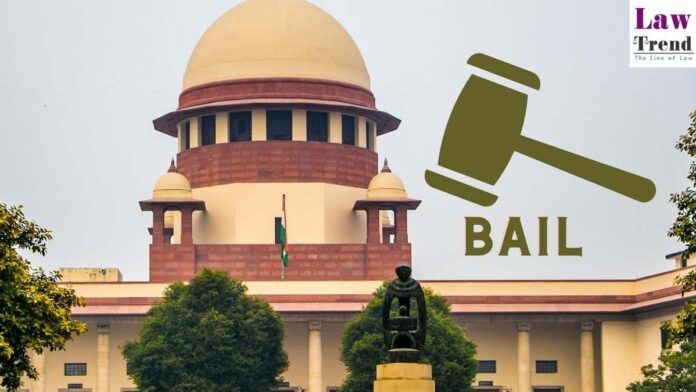The Supreme Court of India has stayed orders of the Kerala High Court that modified anticipatory bail conditions for an accused, allowing her to travel abroad, while an appeal against the original bail order was pending before the apex court. A bench of Justice J.K. Maheshwari and Justice Vipul M. Pancholi held that the High
To Read More Please Subscribe to VIP Membership for Unlimited Access to All the Articles, Download Available Copies of Judgments/Order, Acess to Central/State Bare Acts, Advertisement Free Content, Access to More than 4000 Legal Drafts( Readymade Editable Formats of Suits, Petitions, Writs, Legal Notices, Divorce Petitions, 138 Notices, Bail Applications etc.) in Hindi and English.




